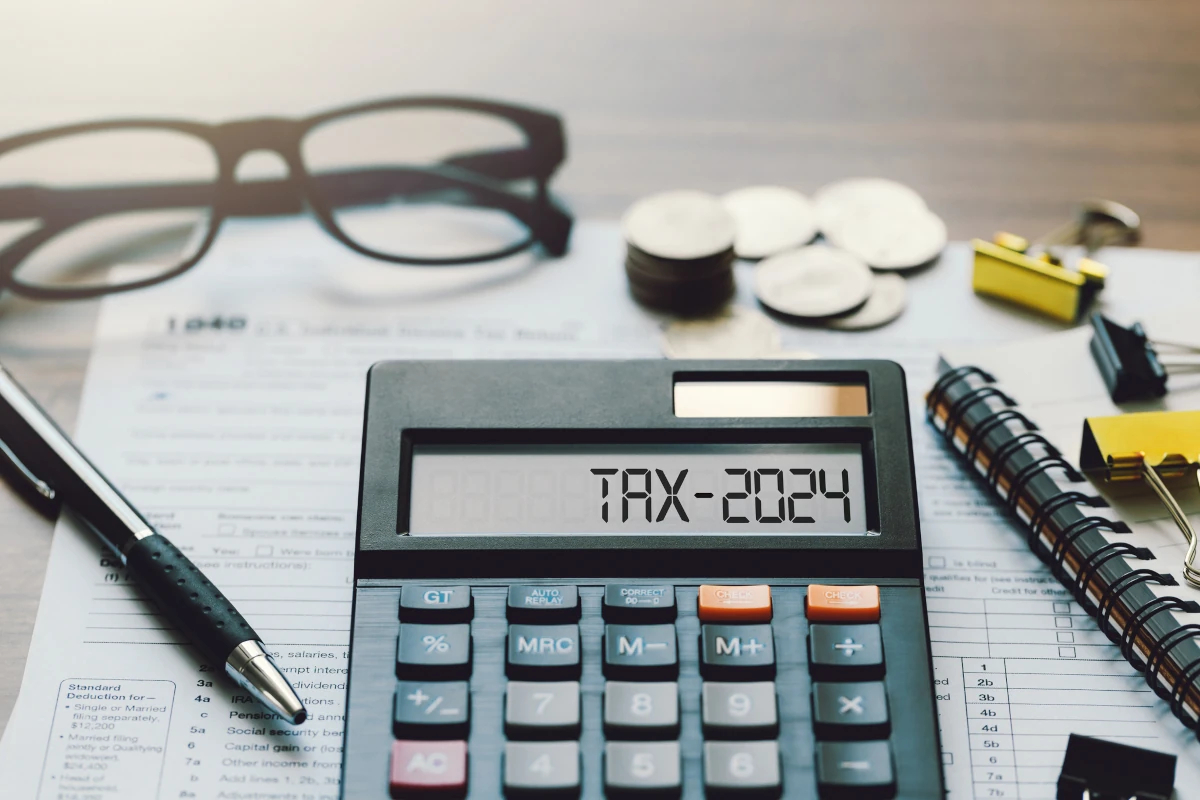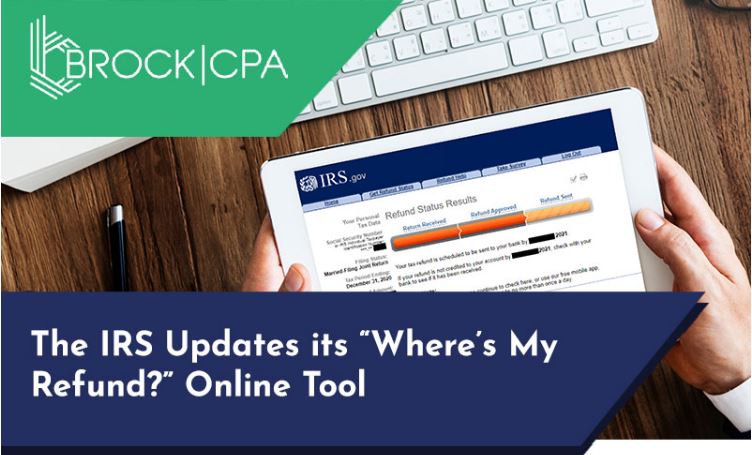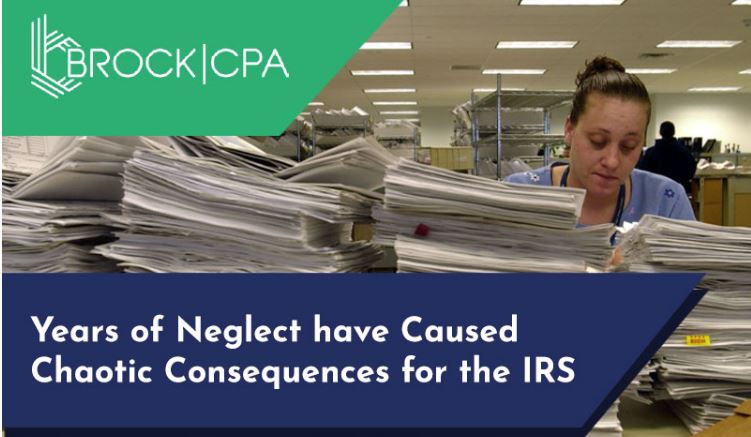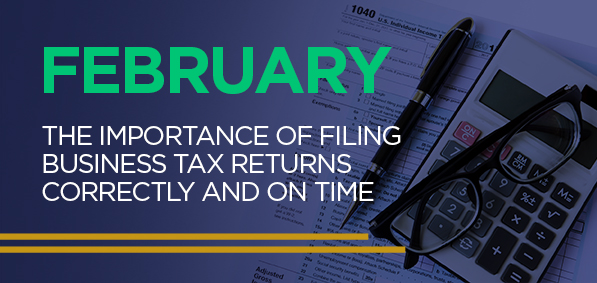Our Team is Growing!
For over 7 years, Brock CPA has been recognized as a leading accounting firm for locally-owned businesses and individuals in Jacksonville. From large-scale construction companies to small retail services firms, our team prides itself on providing comprehensive financial solutions tailored to meet diverse needs.
Brock CPA is excited to announce that we are eagerly expanding our team to continue to meet growing demands and ensure top-tier service for our clients. Our team works hard to foster a supportive environment where expertise meets innovation, and every team member plays a crucial role in our client’s successes. With that said, we believe that great talent often comes through personal recommendations, so if you know of any individuals in the accounting world that would be a great fit, we encourage you to send them our way!
We are currently seeking to hire a full-time Certified Public Accountant to join our growing team. Our firm values longevity and growth, and we are seeking the right individual who will contribute to our cohesive and supportive work environment for years to come.
This position offers a challenging yet rewarding opportunity for an established CPA with at least 3 years of experience in public accounting. Key responsibilities include:
- Preparing and reviewing complex federal and state income taxes
- Ensuring technical accuracy
- Actively participating in tax planning and strategy meetings
- Managing client relationships and internal staff
If you (or someone you know) are a detail-oriented professional with a passion for accounting and are ready to take the next step in your career, we encourage you to email your resume, salary requirements, and references to dstein@brockcpa.com. We look forward to welcoming a motivated individual who shares our commitment to excellence and client satisfaction!










